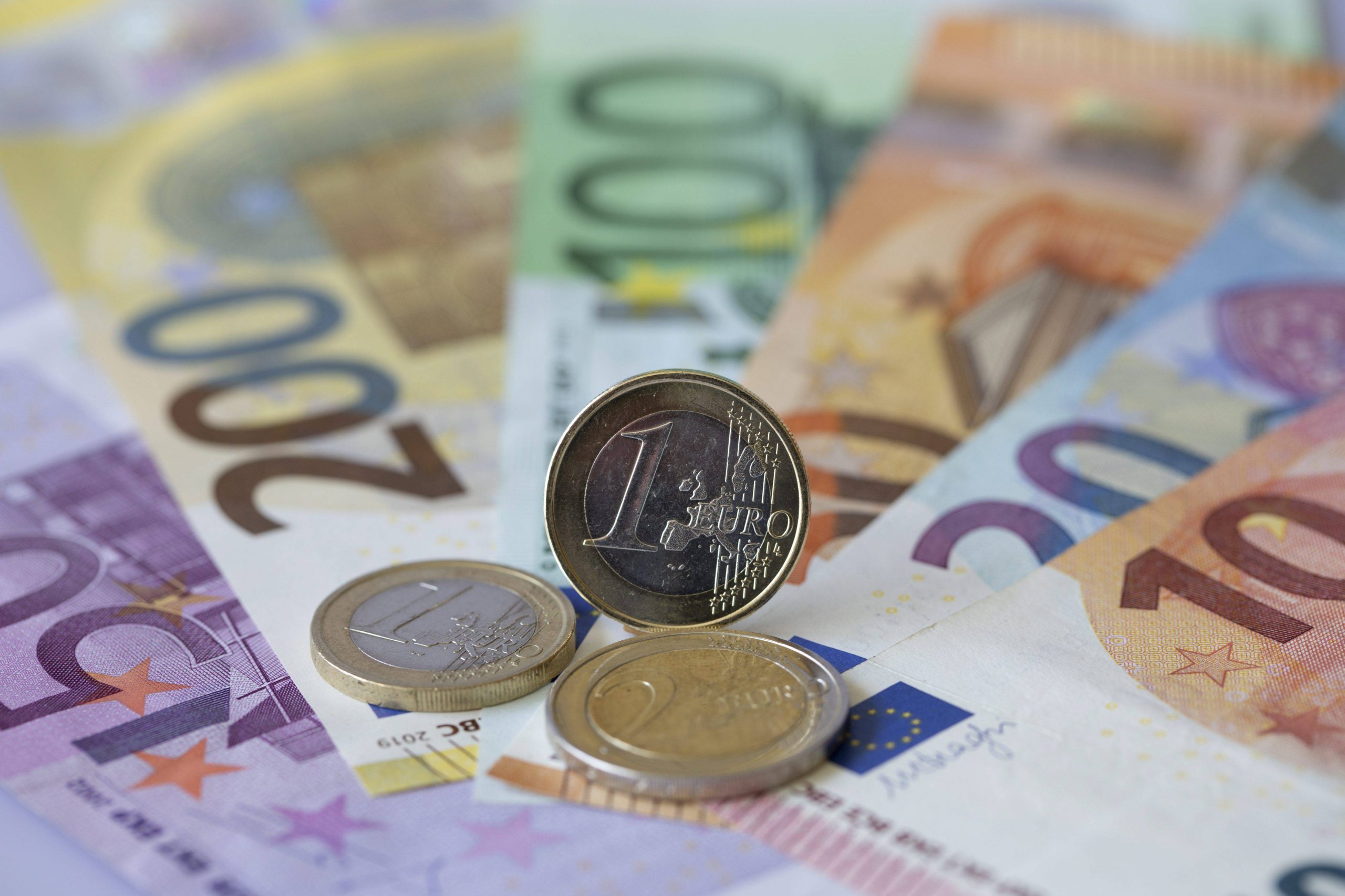Crypto is known for its volatility. The market dealing in digital currencies has experienced a series of highs and dramatic lows in recent years.
There was the reality check that came in 2022 when prices dropped and investors had to reconsider their position. But in the first quarter of 2024, we’ve seen investments on the rise and Bitcoin on track for breaking records.
So, what does this means for Spain? What does the market look like for traders seeking to make headway in this changeable setting?

The current state of crypto in Spain
At the start of the year, the EU started to roll out its new set of rules for the crypto markets. These measures mean that customers in the European Union can only be served by crypto companies outside the EU if they fall within the new guidelines, which were approved last year. These include the Anti-Money Laundering Regulation, or AMLR, which will operate alongside the Markets in Crypto-Assets regulation, or MiCA.
New directives like restricting self-custody wallet payments, enhanced tracking of crypto transfers and banning privacy coins are all set to change the way traders within the EU operate.
Here in Spain, MiCA will only be applicable from December 30, 2024 onwards. In the meantime, the Comisión Nacional del Mercado de Valores (CNMV) and the Bank of Spain will enforce indirect regulations that relate to cryptocurrencies in Spain. In addition, the CNMV is listed as the authority for supervising MiCA compliance.
However, there is no set regulatory framework for blockchain and cryptocurrencies. Cryptocurrencies aren’t considered legal tender or financial instruments under Spanish law, but they can be treated as securities. This means that there will be overlap between the existing regulations and the introduction of the new rules ahead of the full change at the end of the year.
Recent developments
As well as these significant changes, the Spanish Ministry of Finance has set in motion a proposal for a tax reform targeting cryptocurrencies and non-fungible tokens (NFTs) in instances of tax non-compliance. The reform authorise the local tax agency to confiscate digital assets in relation to an outstanding tax debt.
This adds to the existing tax regulations in Spain. Currently, taxpayers must report profits or losses related to crypto in their personal income tax filings. Individuals and businesses must also declare overseas crypto assets.
With this in mind, it’s clear that the Spain is cautious when it comes to crypto. There has been an increase in financial, securities, and crypto-asset fraud cases during the recession and these have led to this tentative approach that safeguards investor and consumer rights. This means that both seasoned traders and novices can trade on platforms like Tradu knowing that rules are in place.
Looking at the future
As a result of the caution applied to the crypto markets in Spain, MiCA is being implemented ahead of other EU countries. The December 30, 2025 implementation date is ahead of other countries that are set to roll out the regulations in July 2026, showing the appetite for reducing risk levels.
The regulatory framework is expected to further protect Spanish investors and the accelerated timeline may help other EU member states to see the regulations in action.








